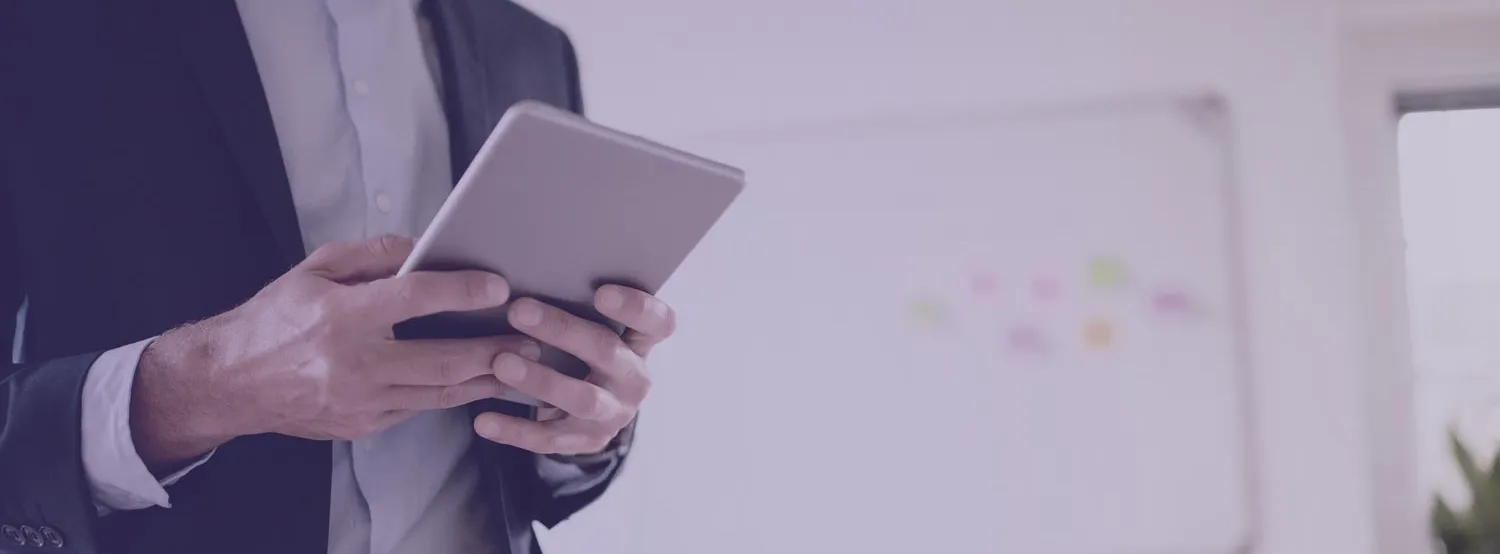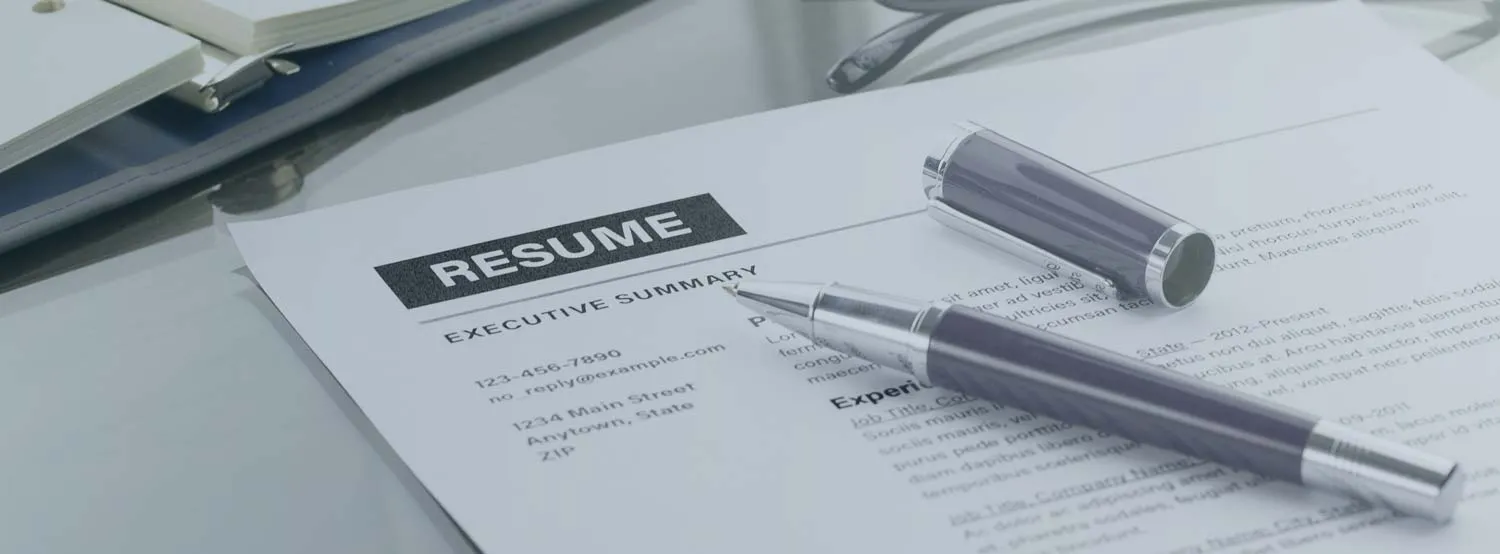How Long Should a Cover Letter Be to Get Noticed?
Cover letters are a crucial part of your job application. We'll talk about the ideal cover letter length that hiring managers prefer to see during recruitment.
Our customers have been hired by*:*Foot Note

Cover Letter Example of Length
How Long Should a Cover Letter Be
Today’s job market is highly competitive and highly saturated with competent candidates competing for a limited amount of open job positions. As a result, human resources departments and hiring managers often receive countless resumes and job applications for a single open position. That means that a cover letter can set you apart from all other candidates and make or break your chances of landing an interview.
So, how do you go about making the perfect, persuasive cover letter that’s the ideal length?
In this article, we’ll go over all the reasons why a cover letter is an essential tool for your job search process. We’ll then cover the ideal length of a cover letter to impress and not bore hiring managers. Lastly, we’ll take an in-depth look at all the elements that comprise the perfect cover letter.
Regardless of your level of experience or profession, utilizing the following tips and guidelines when writing your cover letter will significantly increase your chances of getting hired.
Build my cover letterWhy Is a Cover Letter Important?
There are many reasons why a cover letter is important for job seekers and recruiters. There’s a reason why nearly all job applications require a cover letter to be sent with your job application, and even if the application doesn’t expressly state the need for a cover letter, you should still prepare one along with your resume.
Cover letters are important because they provide the opportunity for you to give more context to your resume, singling out important skills and experiences, and expanding on them. In addition, they give you a chance to show what you can bring to the team and why the employer will benefit from your being on it. By selling your greatest strengths and relevant experience, you can persuade hiring managers why you’re the best candidate for the job, while also demonstrating that you have the communication skills needed for success.
Additionally, a cover letter is important because it’s your first point of contact with a future employer and gives you the chance to leave a memorable first impression. A well-crafted cover letter allows you to link your skills and experience to the employer’s needs while displaying a glimpse of your personality in writing before the recruiter meets you in person.
The Length of a Cover Letter
There are many reasons why a cover letter is important, and the length of your cover letter is one. The ideal cover letter is one page or less in length.
Cover letters should ideally be divided into three paragraphs:
- The introductory first paragraph that introduces you to the employer and states your motivations for applying to the position
- Second paragraph that showcases your relevant skills and qualifications and why they’re a perfect fit for the job
- Third paragraph, or final paragraph/closing paragraph, that reiterates your interest in the position and calls on the employer for further action, such as scheduling an interview
Unless a potential employer specifies a specific word count or length, 250-400 words are the ideal number of words to use in a cover letter.
Build my cover letterWhat Does the Ideal Cover Letter Consist Of?
In addition to creating an effective cover letter with the right length, consider these other elements:
Take advantage of white space. Instead of packing your letter wall-to-wall with text, keep your paragraphs concise. White space makes your cover letter more visually appealing and more enjoyable to read for hiring managers.
When writing your cover letter, focus each paragraph around one central idea. Lead each paragraph with a strong topic sentence or idea (e.g., “I believe my specific experiences in marketing make me a good fit for this position”), and follow up with impactful and relevant stories and examples throughout the paragraph.
The ideal cover letter is unique and personalized. Don’t just rewrite everything that is already on your resume. Instead, focus on a few key points that are most pertinent to the job, giving the hiring manager incentive to read on.
To perfect your cover letter layout and contents, you can use cover letter templates and cover letter samples for reference. They give you a better understanding of ideal cover letter formats and structures, which elements you should focus on, and how to emphasize each element to write a job-winning cover letter. Additionally, cover letter examples offer valuable cover letter tips on writing cover letters for many different professions and industries.
FAQ: How Long a Cover Letter Should Be
Have questions? We’re here to help.
How should I format my cover letter?
When formatting your cover letter, use a 12 point font and professional fonts like Calibri, Times New Roman, or Arial. Keep your margins one inch for each side of your document. Additionally, make sure to use a similar layout for your cover letter and resume so you can maintain consistency in your job application’s “look”.
What are some common mistakes to avoid when writing a cover letter?
- Not proofreading your cover letter before sending it out: silly misspellings or grammatical errors can hurt your case
- Going over one page long: the longer your cover letter, the more chance you have of losing an employer’s interest
- Simply rephrasing the contents of your resume: use your letter as an opportunity to provide more depth about specific skills and achievements, rather than just regurgitating your resume
How can I make my cover letter stand out?
You can make your cover letter stand out and increase your chances of getting hired by noting a connection with the employer, such as events or employees you have mutually had experiences with. Another great way to make your resume stand out is by mentioning a reference from the company you’re applying to, if applicable. Show you’ve done your homework by noting a challenge the company currently faces that you can help out, or an aspect of the company’s work that particularly intrigues you. Lastly, you can use a specific success story from your past to incorporate into the cover letter to make it stand out.
Couldn't find the answer you're looking for?






